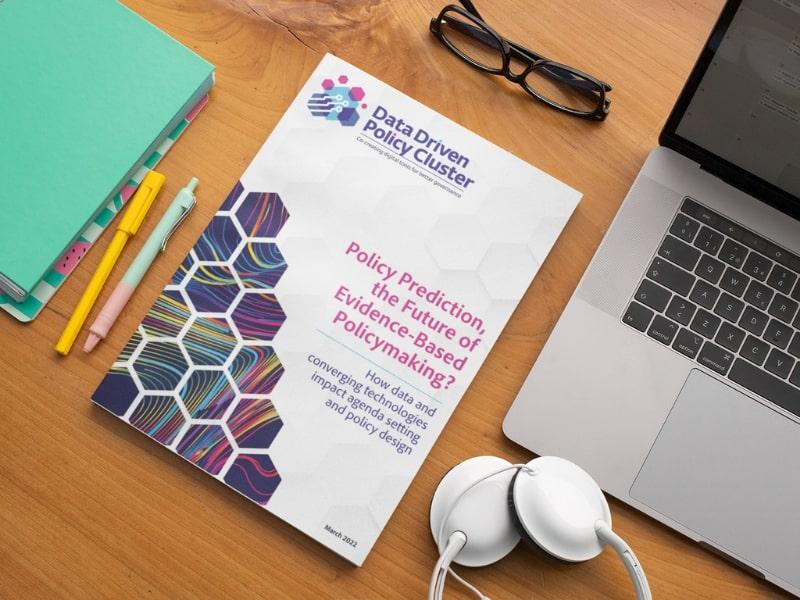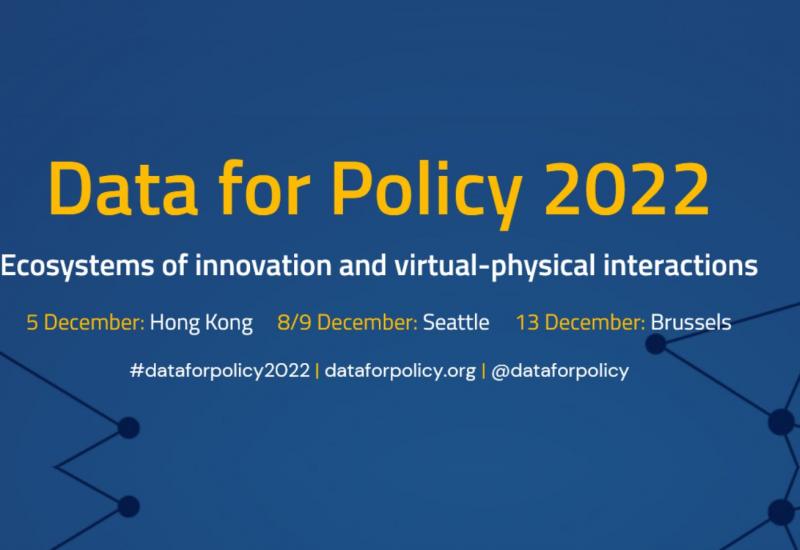
- Cloud for Data-Driven Policy Management
- Contact Us
- Join our community
- Login
Policy Prediction, the Future of Evidence-Based Policymaking?

Report
Evidence-based policymaking (EBP) is not new, but its face is changing rapidly in the data- driven public sector, mainly due to the following factors:
- Evolving meaning of evidence: from scientific opinions and policy evaluations to data- driven insights drawn from modelling and simulations coming from a multitude of data types and sources: from open data to citizen-generated data;.
- New actors coming into play: EBP is no longer reserved to social scientists, statistical offices and policy evaluators, but now open to data scientists and data savvy public servants;
- More attention for agenda setting and policy design, while EBP traditionally focuses on policy implementation and evaluation;
- Different relation between policy and evidence: from reactive and ex-post to proactive and ex-ante; From “What worked?” To “What will work?”
The added value of a more data-driven approach to evidence-based policymaking seems clear, but can it fulfil its promises in practice? And what is needed to scale up the use of policy prediction?
This paper presents evidence from the Data-Driven Policy Cluster to shed light on the questions above. It discusses the critical roles of interoperability and data sharing for the advancement of policy prediction in EBP. Then, concrete applications in different policy domains show what policy prediction looks like in practice and what challenges policy stakeholders encounter. The paper concludes with policy recommendations on how data can be leveraged for policy prediction at a larger scale than what is currently the case:
- Start small, experiment, then scale fast through co-creation
- Foster a culture of innovation building on successful experiments and pilots
- Leverage European data sharing infrastructures to increase data availability and accessibility across policy areas and government levels
- Create trusted data spaces to facilitate data sharing by citizens and businesses
- Secure the necessary multidisciplinary resources
- Ensure European building blocks for data-driven policy prediction
- 6182 reads



